Confusion of goals and perfection of means seems, in my opinion, to characterize our age
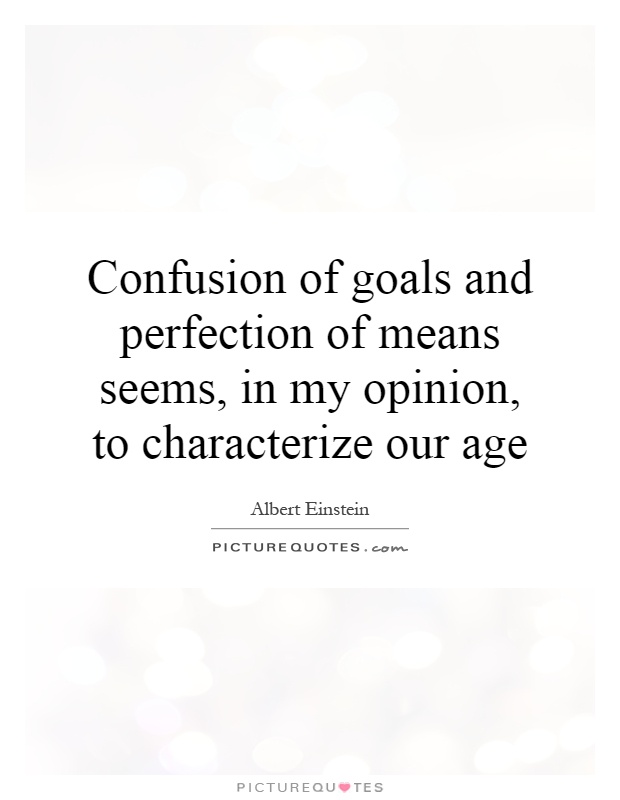
Confusion of goals and perfection of means seems, in my opinion, to characterize our age
Albert Einstein, one of the most brilliant minds of the 20th century, made the profound observation that "confusion of goals and perfection of means seems, in my opinion, to characterize our age." This statement is as relevant today as it was when he first made it, as it speaks to the fundamental dilemma of modern society - the prioritization of efficiency and technological advancement over the pursuit of meaningful and ethical goals.Einstein's words reflect the growing disconnect between our aspirations and our actions. In a world driven by consumerism, materialism, and instant gratification, we often lose sight of what truly matters. We become so focused on achieving success, wealth, and power that we forget to consider the impact of our actions on others and the world around us. This leads to a sense of emptiness and dissatisfaction, as we realize that our pursuit of perfection in means has not brought us any closer to achieving our goals.
In the context of Einstein's own life and work, this statement takes on even greater significance. Einstein was a man who dedicated his life to the pursuit of knowledge and understanding, seeking to unravel the mysteries of the universe and unlock the secrets of nature. His groundbreaking theories of relativity revolutionized our understanding of space, time, and energy, and his work laid the foundation for modern physics.
However, Einstein was also deeply concerned about the ethical implications of his research and the potential misuse of scientific knowledge for destructive purposes. He famously warned against the dangers of nuclear weapons and advocated for peace, social justice, and human rights. In this sense, Einstein's life and work embody the tension between the pursuit of knowledge and the pursuit of moral and ethical goals.

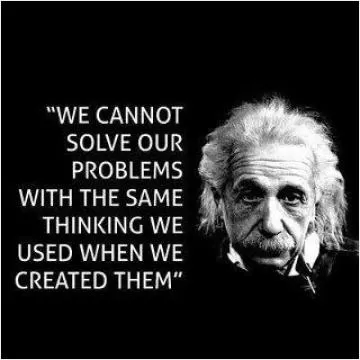


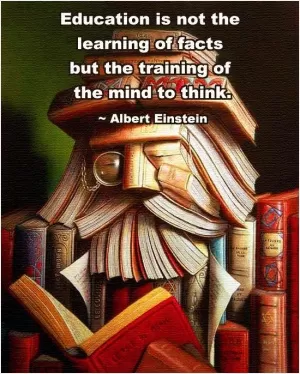





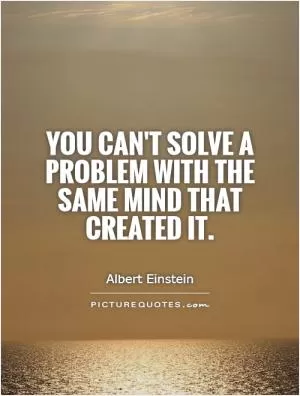
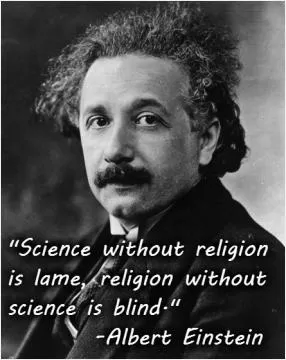
 Friendship Quotes
Friendship Quotes Love Quotes
Love Quotes Life Quotes
Life Quotes Funny Quotes
Funny Quotes Motivational Quotes
Motivational Quotes Inspirational Quotes
Inspirational Quotes